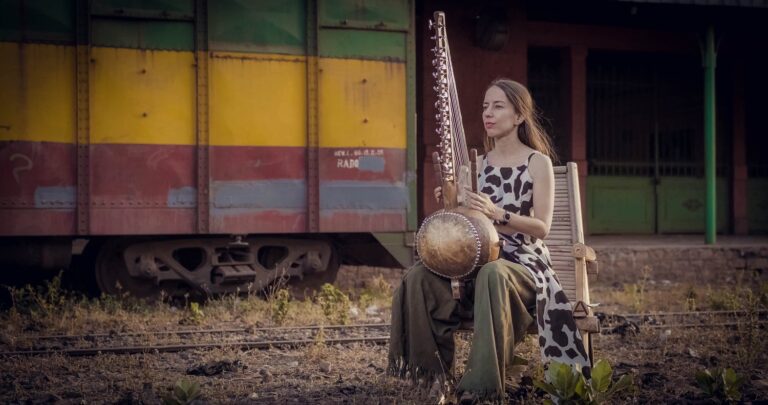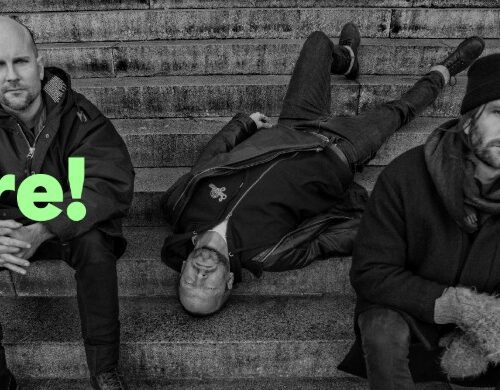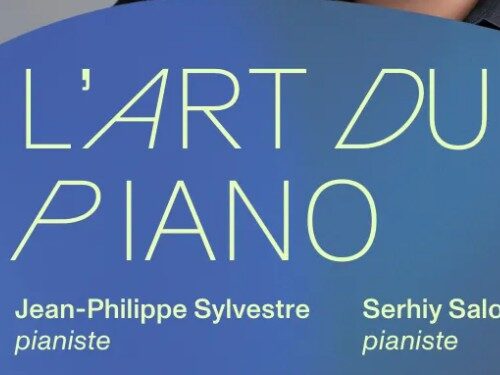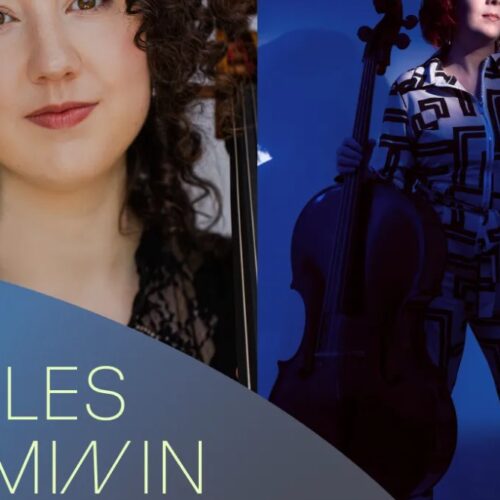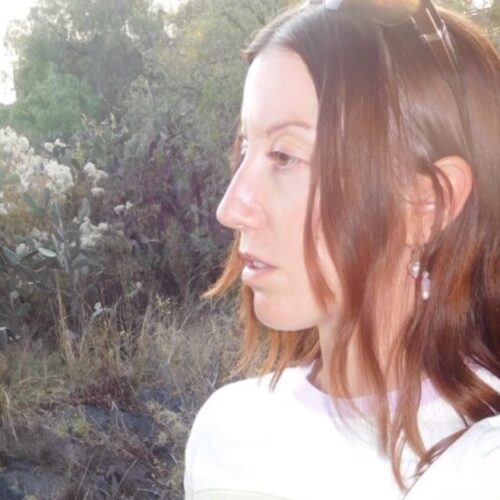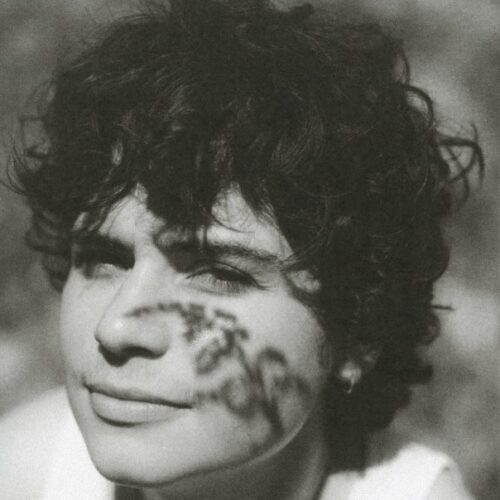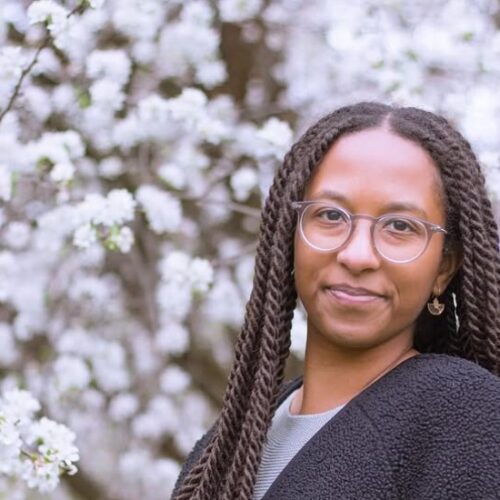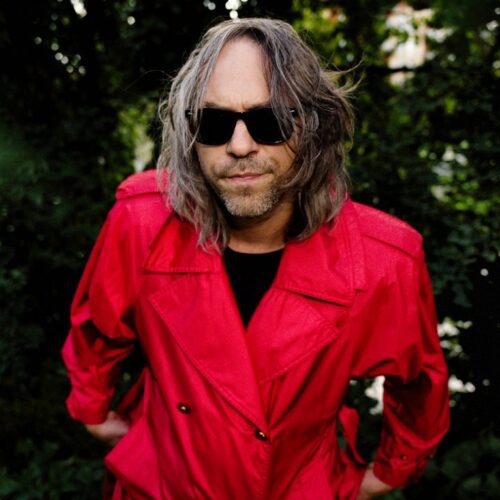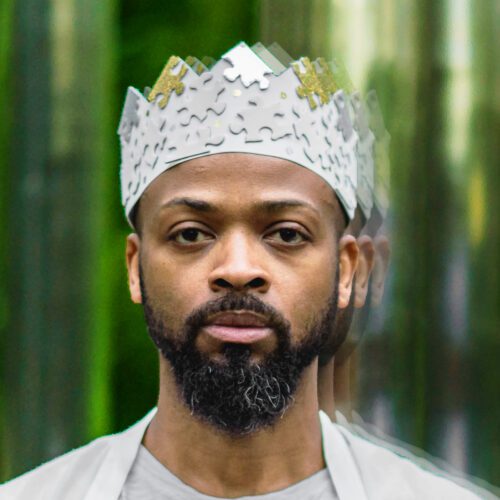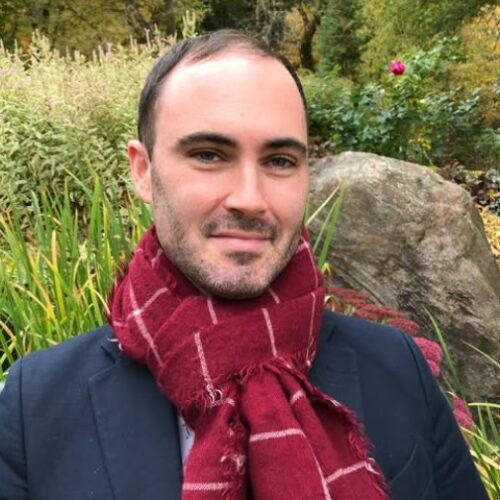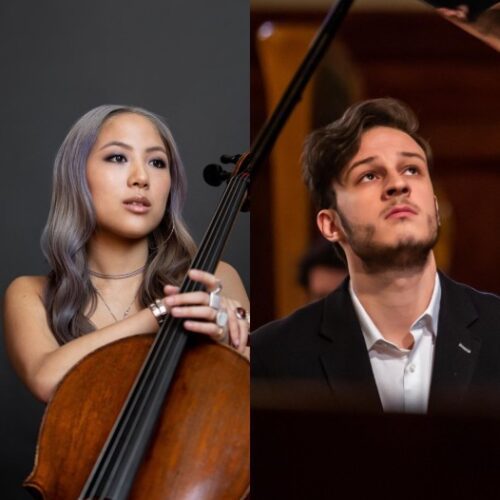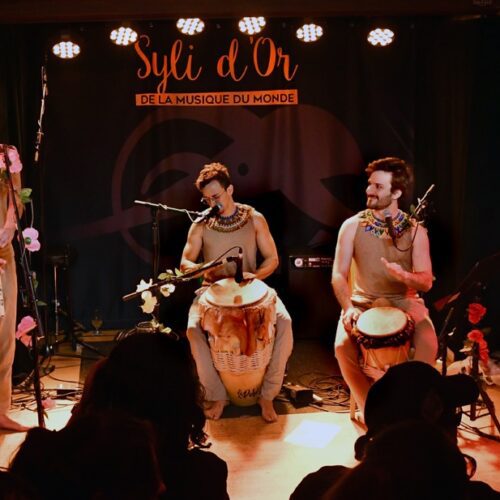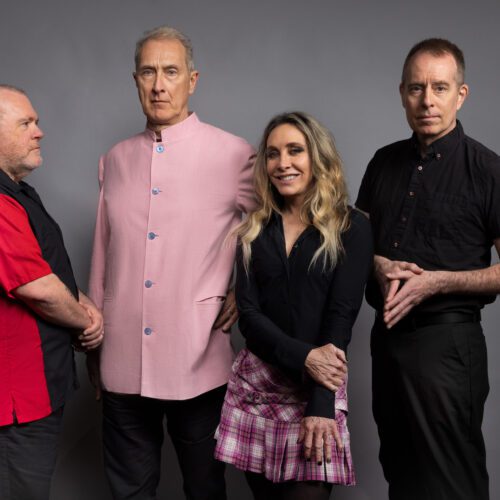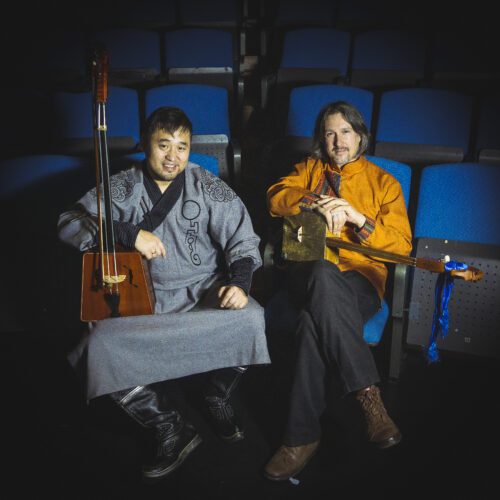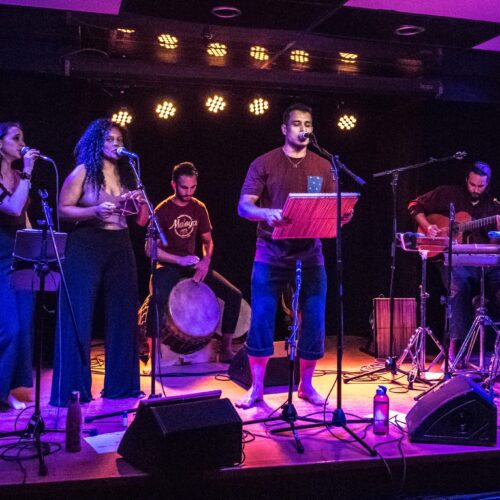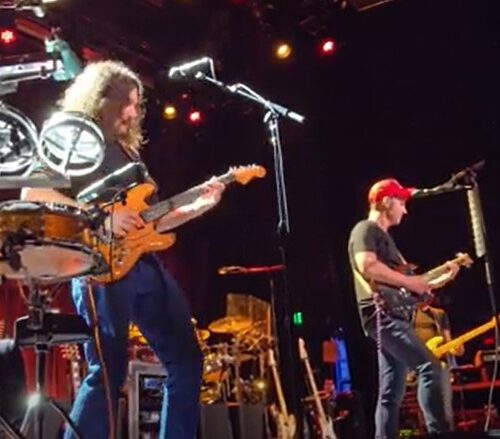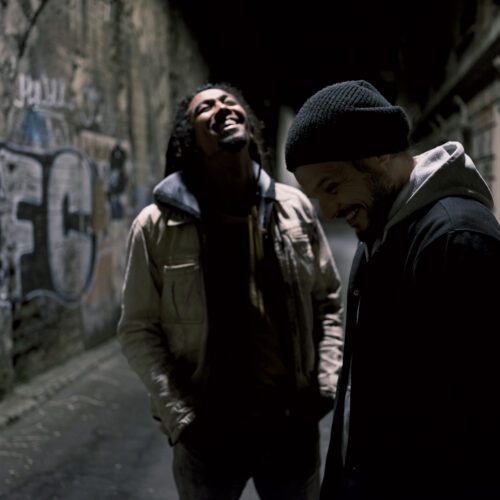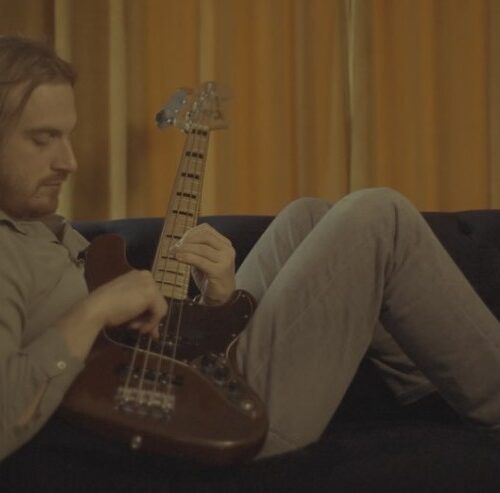Additional Information
Sophie Lukacs was born in Hungary, grew up in Toronto, and made Montreal her home (along with her entire family) and the kora her new life. The young artist, trained on the classical violin, went through a period of emptiness in early adulthood, a journey that led her to completely rewrite the book of her life and make the kora, that hauntingly beautiful African guitar-harp, the foundation of a musical life that is now blossoming and flourishing.
She had to learn all over again, treading on her pride as an ultra-performing classical musician and having to measure herself against 5-year-olds who already played better than she did. She lived in Mali for nearly 8 years, immersed in the griot culture, the only one of her “ethnic” group (white), and the only one of her gender (female) daring to face the demands of a musical apprenticeship rooted as much in method and technique as in communication, history and oral tradition.
That she is today respected and appreciated by the great masters of this exceptional music is a testament to the strength of character of this young woman, who is increasingly revealing herself as an important and unique voice on the artistic scene. I had the great pleasure of chatting with Sophie Lukacs, the only Westerner woman to master the kora, classical Mandingo music and a suitably Montreal blend of these roots with a most pleasingly caressing folk-pop.
PAN M 360: Hello Sophie. You learned to play the violin for over 15 years, culminating in serious studies at McGill. But one day, you stopped and went to live with authentic griots in Africa to learn the kora. You started all over again. Why and what gave you the strength to face such a challenge as an adult?
Sophie Lukacs: Strength comes from experience, but also from passion. The kora and learning a whole new repertoire and musical culture came at a time when I needed it. After years of classical studies, I was feeling a little lost, unsure of what direction to take for the rest of my life. Then, when I lived in New York for a while, I discovered the kora and became obsessed with it. Non-stop. But I didn’t dare question everything in my life. I was born in Hungary, and in that culture, in my family, you learn an instrument and master it all your life. I wondered how I could go about learning a new instrument practically from scratch, how I could make a living, what I would do, and so on. But one day I took the plunge. And it wasn’t easy!
As a young adult, I found myself feeling that I wasn’t as good as the 5-year-olds who played it. I was in Mali (where I lived for several years), alone, because I was a single white Western woman who wanted to learn an age-old art practiced only by men from families that had been practicing it for generations. I didn’t speak the language, I caught typhoid and malaria… But, in spite of everything, to answer your question, the strength I used came from my conviction that this was the right path for me, from the passion that drove me and still drives me for this instrument and this culture, and because, after years of wandering, I felt that I had found the path that would take me to the end of my life. So it’s a mix of will, passion and necessity.
PAN M 360: Your efforts are bearing fruit. You’ve released your first album (Bamako), which is going really well, and you’re a regular on Nuits d’Afrique. How does it feel to be recognized in this way?
Sophie Lukacs: I’m always amazed every time someone buys an album or a concert ticket! Being invited to the Festival, it’s a blessing. You never know what’s going to happen when you embark on this kind of adventure. But what’s happening to me now is really beautiful. I’m really grateful.
PAN M 360: You were born in Hungary and grew up in Toronto. Your French is very good. How did you learn it?
Sophie Lukacs: I went to a French school in Toronto, but I loved the language. I read books in French, watched films and so on. And then I came to study in Montreal for several years.
PAN M 360: And you never left…
Sophie Lukacs: The truth is, yes I did. When I went to live in Mali, it was after I arrived in Montreal. But by then, my whole family had moved to Montreal! We really like the city, its European character, its culture. So when I came back from Mali, I was literally back home when I came here. And the art and music scene is excellent. There are so many musicians. Everyone crosses paths and talks to each other. There are so many opportunities for exchange and projects.
PAN M 360: I feel there are many affinities between the kora, its playing style and repertoire, and Western classical music. Do you see these potential links? Are you interested in eventually writing pieces for kora and, say, classical musicians?
Sophie Lukacs: Yes, there are affinities. The kora requires a long apprenticeship, as well as having a refined sound and playing style. It lends itself well to small-group music, like chamber music. And, yes, indeed, the combination of the two is on the agenda, as it’s a bit of a feature of my next album! I want to invite musicians from both worlds and make an album with that in mind.
